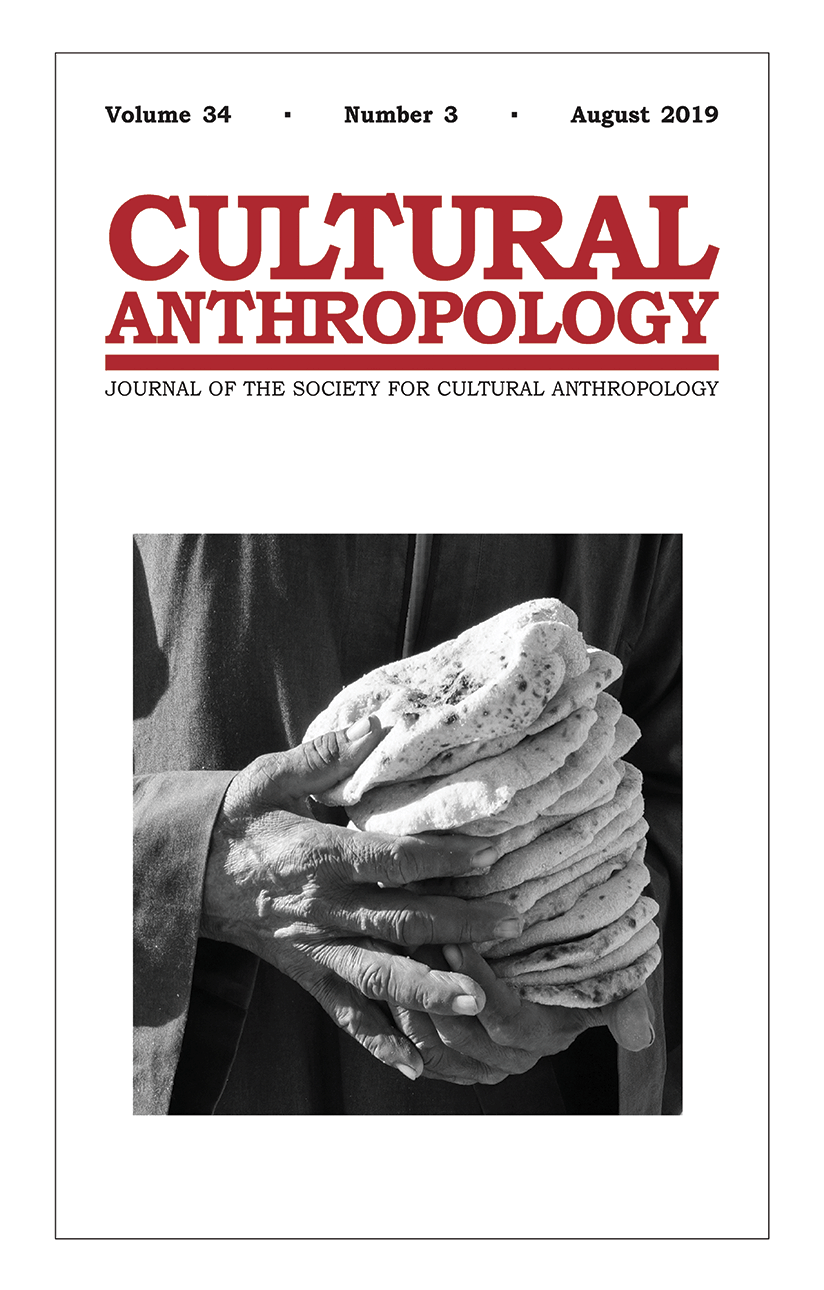
This issue offers six original research essays drawn from diverse, contemporary sociocultural worlds. Sasha Newell offers a highly reflexive essay derived from his long-term relationships with young men and women in Côte d’Ivoire. He considers the relationship between ethnographic practice and games of confidence and trickery, not simply to consider anthropology as a mode of knowledge production that can make use of misrepresentation and deception; but to think about how even openly duplicitous scams that occasionally entangle ethnographers depend on maintaining and cultivating sociality. James Laidlaw and Jonathan Mair present work drawn from a fascinating Buddhist retreat that is offered in various parts of the world. The authors closely examine the practices, texts, and affective tone of this ritual to show how it is structured in a way that makes ethical teaching something that is neither derived solely from theological commitments, nor simply grounded in taken for granted assumptions about the world, but rather exemplified through error, correction, and human fallibility. Problems of heritage and recognition in a liberal state where racial difference is often defused rather than asserted are carefully explored in Maria Fernanda Escallon’s discussion of the Quilombo dos Palmares in Alagoas (Brazil). This important intervention has implications for historical archaeology, as well. Caterina Scaramelli develops a timely and innovative framework of “moral ecologies” through which she brings together claims about infrastructure, environments, and livelihoods. She uses this framework to address the lively range of perspectives she found in her work with activists, scientists, and fisher-folk in a Turkish delta. Baladi bread is a staple of many working class Egyptian meals. Subsidized by the state, and widely available across Cairo, Jessica Barnes and Mariam Taher offer a collaborative ethnography that reveals the ways that procuring this bread and conveying it to the households that will consume it presents a dense field of social interaction, correction, and even a kind of connoisseurship through which forms of care can be demonstrated, if only in offhanded, implicit ways. The issue closes with a deeply insightful discussion of disability in Uganda. Here, Tyler Zoanni asks about the relationship between rights and recognition, considering Arendt’s discussion of appearance and its role in securing individual rights; and further putting this in conversation with (seemingly problematic) Catholic and Pentecostal efforts to attend to the appearance of cognitively disabled Ugandans.
The photo on the cover of this issue is by Ahmed Elabd.
